Scale on
GCP
Julien Bisconti
Software Engineer
specialized in Google Cloud
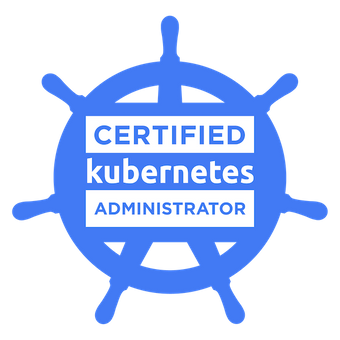
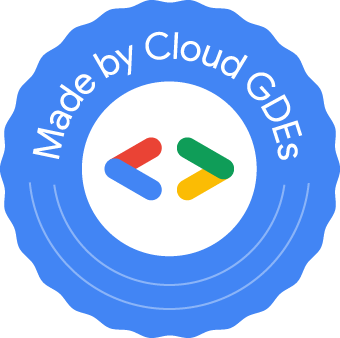
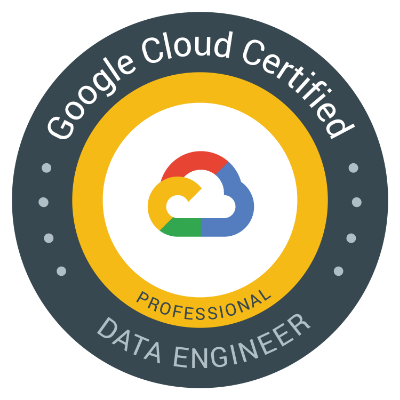
Content
- Introduction
- Scale code
- Scale teams
- Conclusions
introduction
UYKWYAD
(unless you know what you are doing)
it means you understand the tradeoffs
What does it mean to scale
- vertically
- horizontally
- deeply
village (100+) -> city (10k+) -> megacity (1m+)
same same but different
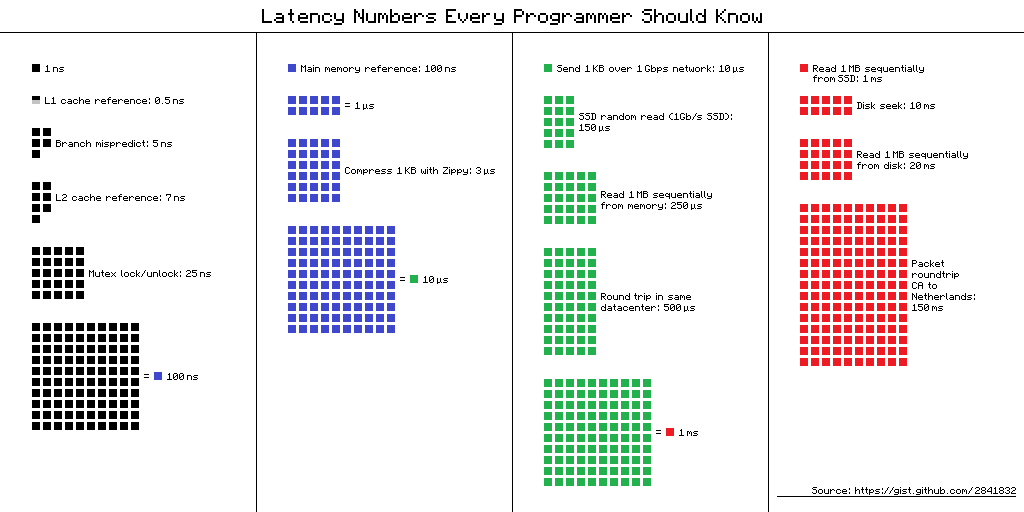
When to scale
Bottleneck ?
If NO, not a scaling problem.
👉 scaling “people” problems.
For a startup with a product,
a serverless architecture
is a really good place to start (UYKWYAD)
It is serverless the same way WiFi is wireless. At some point, it will hit a wire.
— Gojko Adzic
" we should build our own X "
where "X" is anything not related to the business
Example: framework, in-memory database, queue system, new programming language, etc.
We could build it
BUT
spending time on the business
makes more sense financially
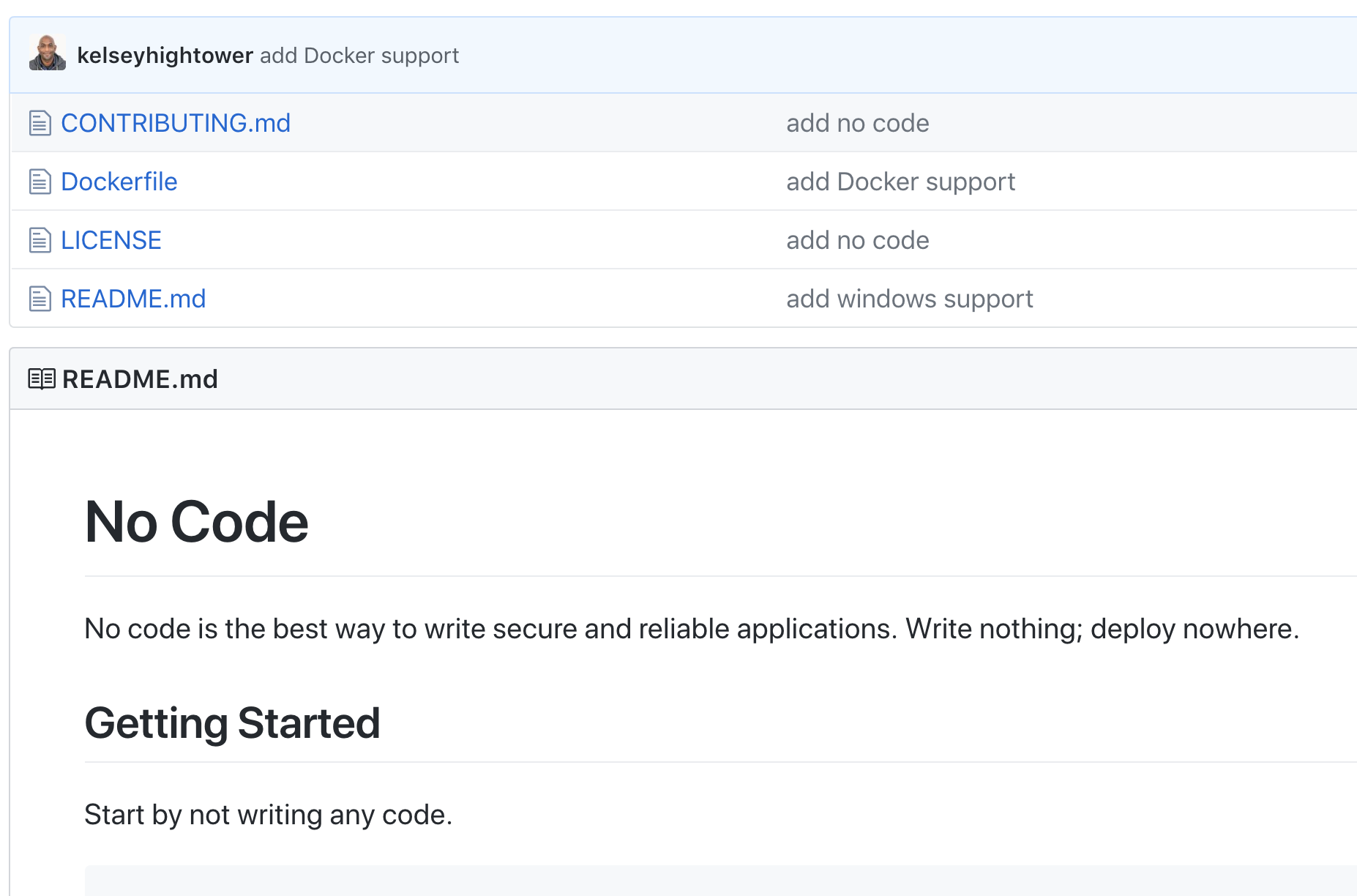 repository
repositorytradeoffs
Developer time (build)
Use a product (buy)
On premise: fixed price and capacity
Cloud: pay for what you use
latency versus throughput
cold start ?
👉 strategy
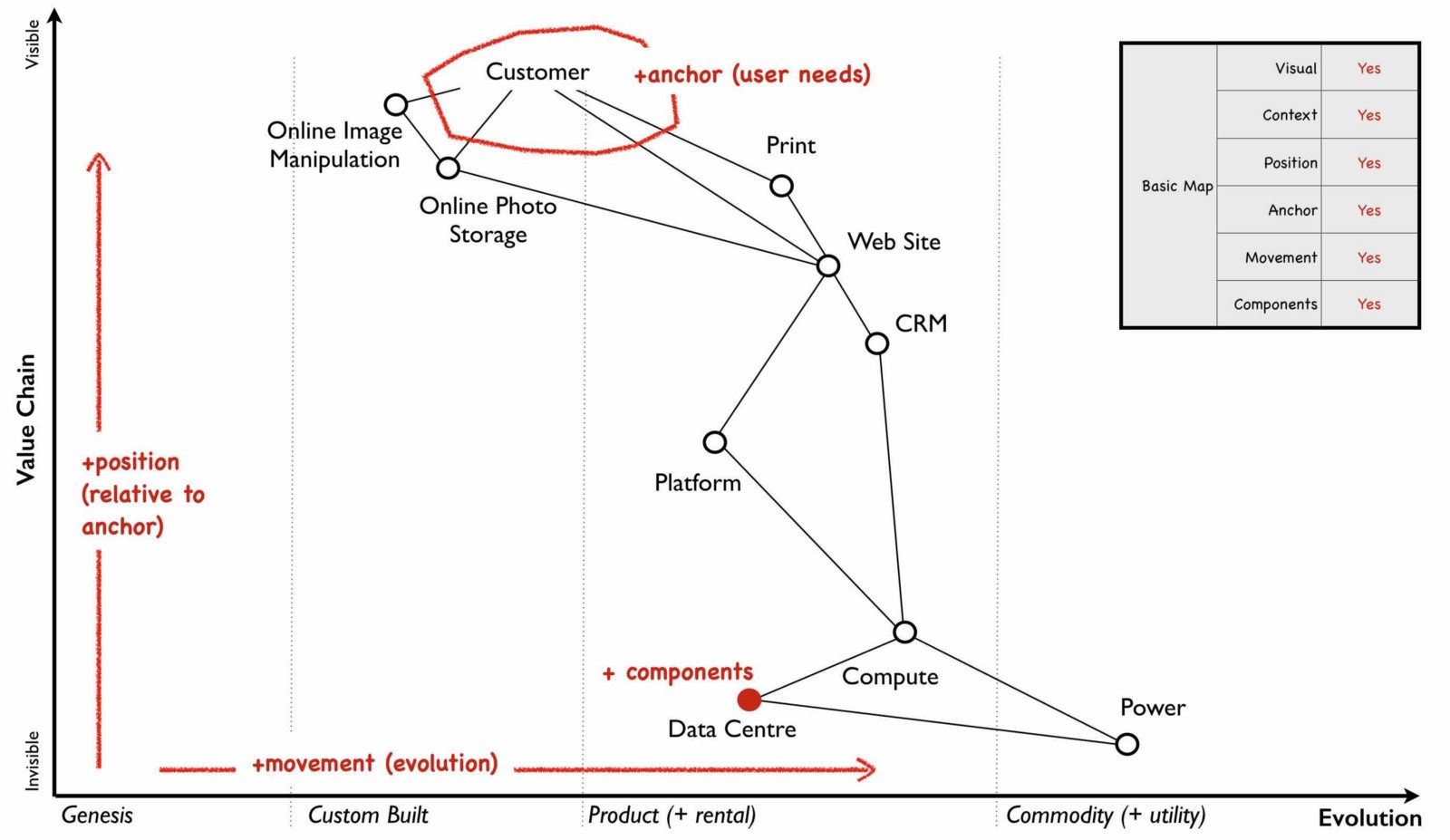
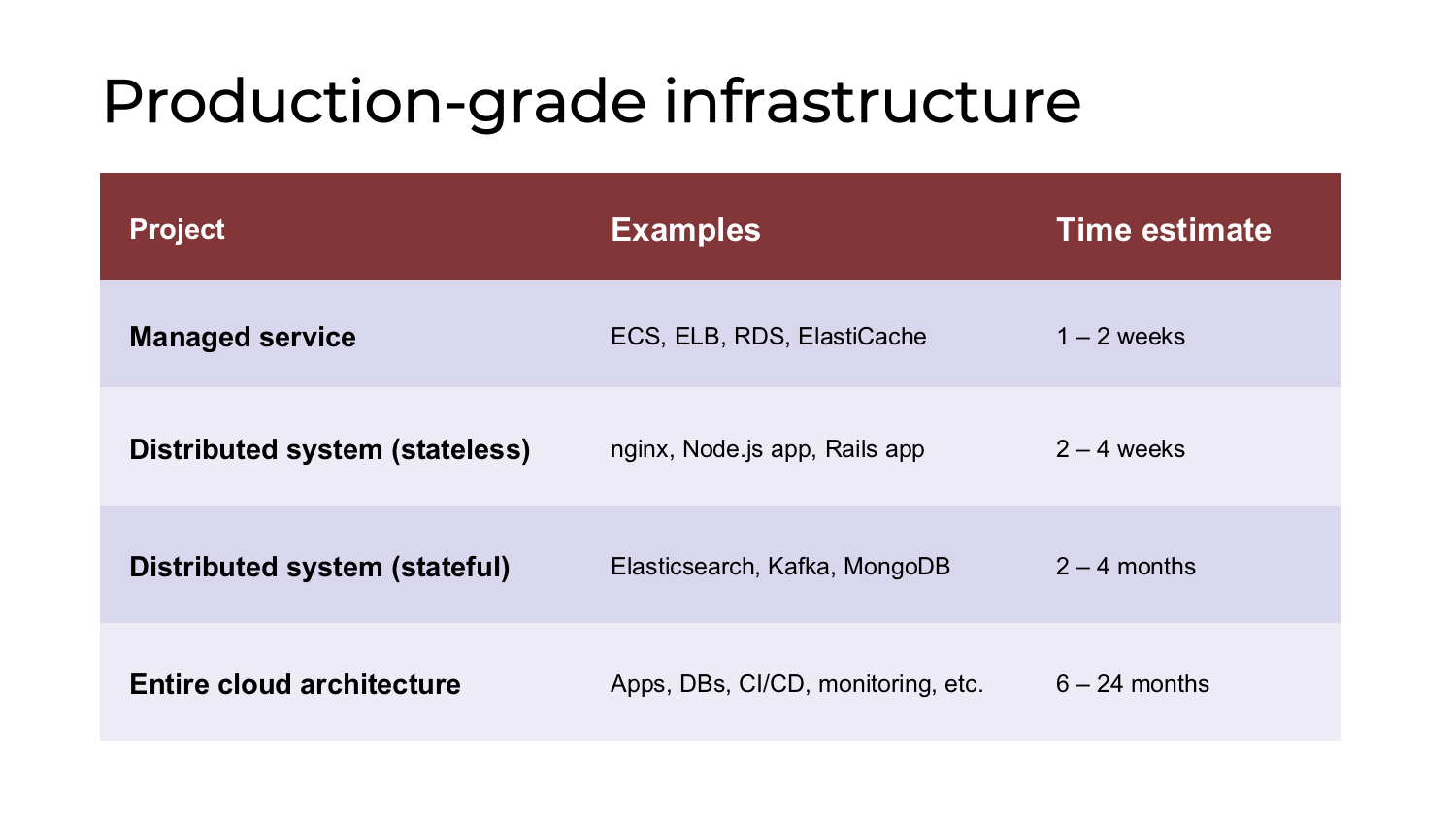
Yevgeniy Brikman - Lessons from 300k+ Lines of Infrastructure Code
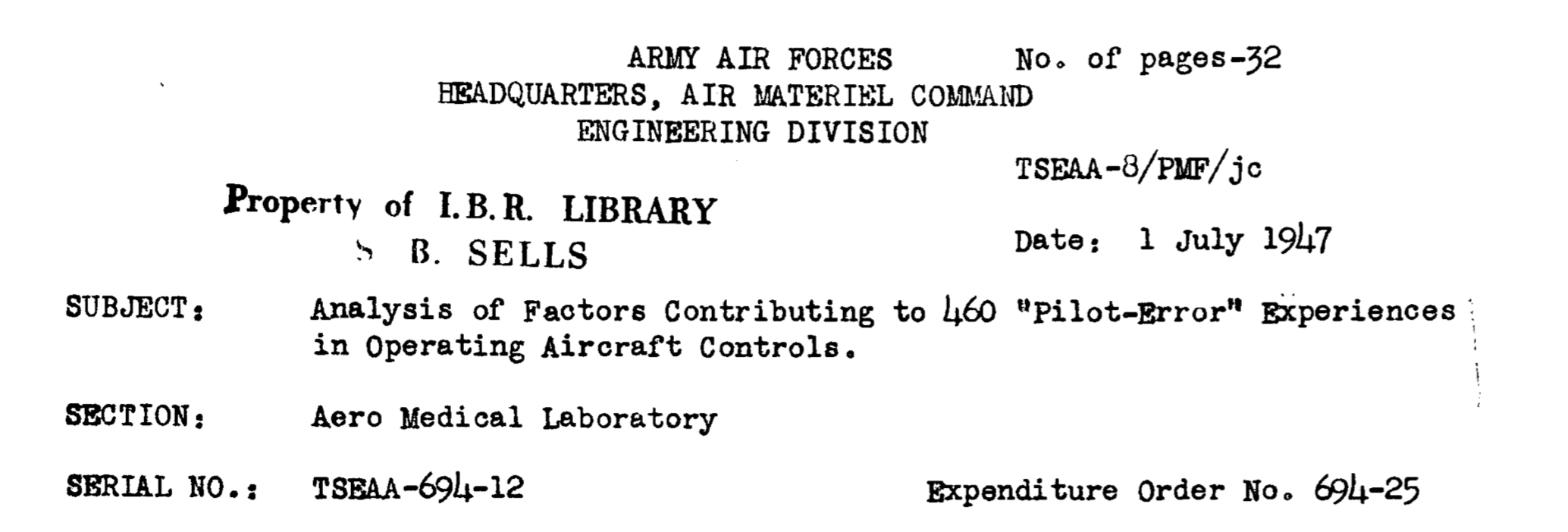

scaling code
Should we use kubernetes ?
The question people asks me the most after “can I get a free subscription?”

Deployment
Containers: lightweight VMs
- 12 factor app
- easier deploy
- reproducible build
but ...
Deployment concerns
- Scaling up and down
- Redundancy
- Scheduling / Orchestration
- Service Discovery
- Resiliency
- Rolling out and back
- Health checks
- Secret and config
➡️ kubernetes
but ...
Kubernetes concerns
- Logging
- Tracing
- Metrics
- Dependency visualisation
- Service identity and Auth
- Circuit breaking
- Traffic flow and policies
- Failover
- Fault injection
- ...
➡️ ️ use code?
Logging and microservices
Don’t do it
(UYKWYAD)
in Distributed System, logging is not debugging
💸 : # app x $ (network + storage) x rentention day
- Logging (immutable) event. (Selfish traces)
- Metrics just statistics over time
- Tracing traces provide context in the life of a transaction
They help to narrow down a problem, they will guide you where to investigate.

Observability
What changes in your system ?
- Site Reliability engineering
- Chaos/Resilience engineering
- FinOps 💸
- ⚠️ Languages proliferation
- opentelemetry.io
(see prev talks)
Staging/Test environment
- Also call OpsTest
- Devs don’t trust it and use it to test deployment
- Never mirror production (data? can switch traffic?)
- Cost money just to blow air (mining bitcoin?)
- Most VMs run at 5% usage
Infra as Code
- How often do make changes ?
- Is it immutable ?
- Used for disaster recovery (chaos eng.)
code containing business logic
VS
all the rest
Total cost of ownership
build OR buy
Restaurants buy, cook and sell food.
Very few do farming and even less are good at both.
build OR buy
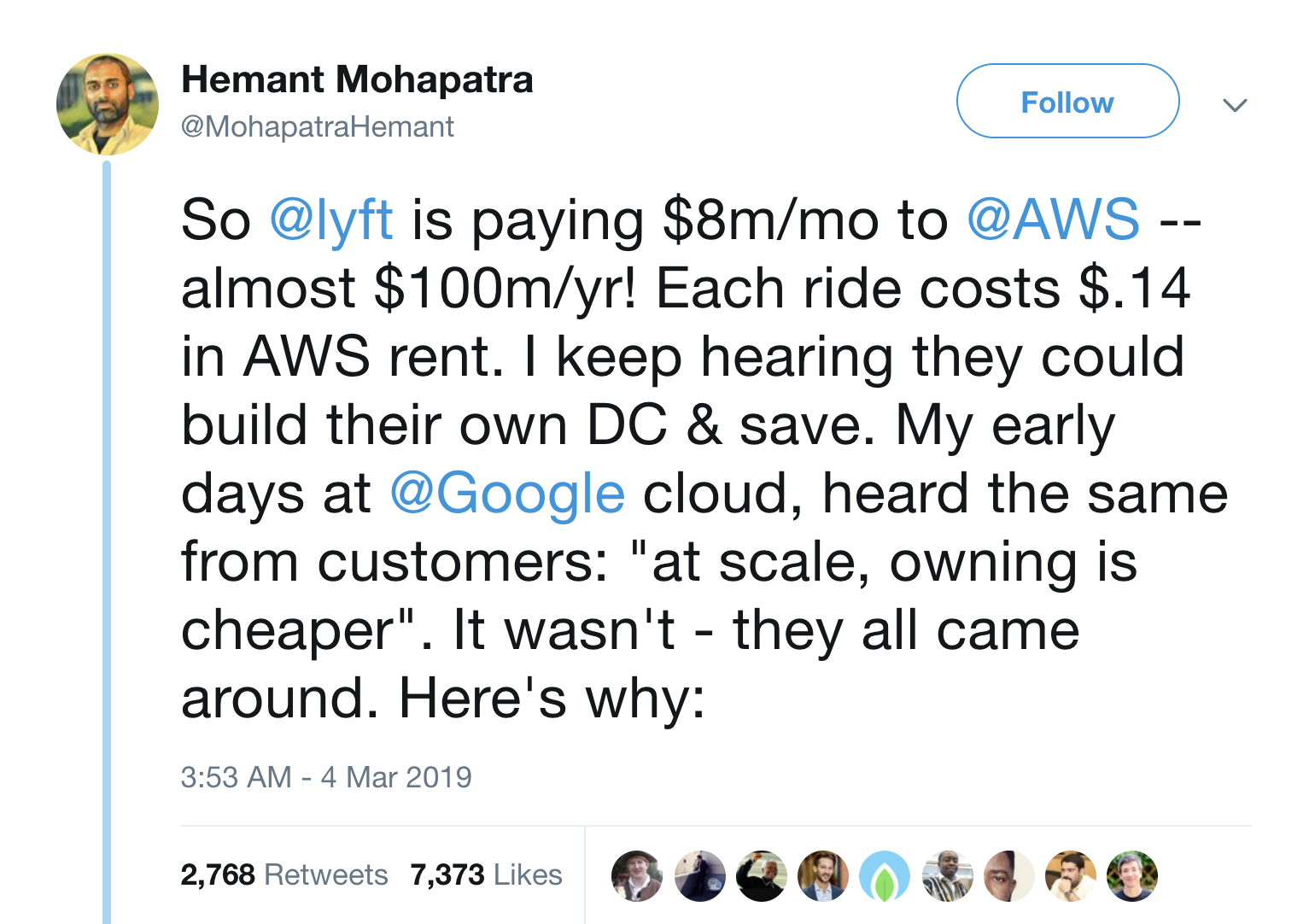
Scaling
- Compute
- Memory
- Storage
- Networking
What is missing ?
Security
The real cloud lock-in.

Level of Access
- Organization
- Folder
- Project
- Resources
- group
- user
- service account
Going IPO ?
- Compute
- Memory
- Storage
- Networking
- Security
What is missing ?
➡️ DATA
Users care about data (information)
Users don’t care about your code
Scaling database
- Add more CPU/RAM
- Optimize queries
- READ replica
- Sharding
- Spanner: transactions at scale
- BigQuery: analytics at scale
- Data Studio: data visualization at scale
- AI at scale: AI platform / kubeflow
- Cloud Asset Inventory / Forseti
Scaling people
- Hiring & culture (10 ppl -> 150)
- Learning new skills
- Onboarding
- Communication tools & process
- Management & clear objectives
- Finance (release once a year)
Conclusions
- A tool won’t fix a bad process!
- Automating a bad process makes it automatically worse
- Time is money: build vs buy
- Document architecture decisions
- Microservices are meant to ship your organization charts (Conway’s Law)
- Know your bottlenecks (observability)
- Securing managing access from the beginning
- Mindset of always be migrating
- Be careful what you wish for
Resources
THANK YOU
and I'm sorry 🙏
If you had to maintain my code
I hope you learned more by maintaining it
than me by writing it
Slides made with Reveal.js and hugo-reveal